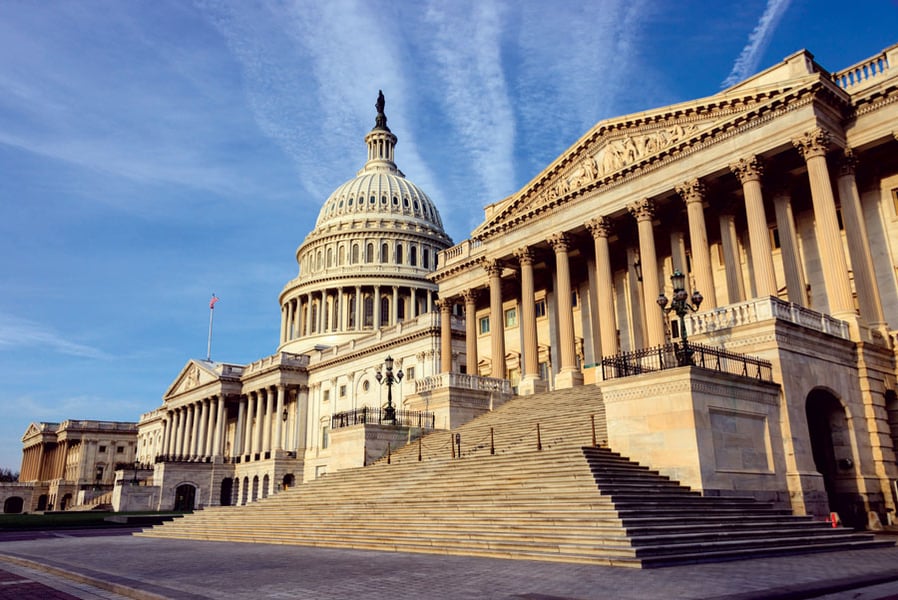

Sen. Patty Murray, D-Wash., chair of the Senate Health, Education, Labor, and Pensions Committee, and Sen. Richard Burr, R-N.C., the committee's ranking member, have sent a letter to the Government Accountability Office asking the agency to examine the need for stronger spousal protections in defined-contribution retirement plans.
“Unlike traditional defined benefit retirement plans and the Federal government’s Thrift Savings Plan that have spousal protections, private employer-sponsored defined contribution retirement plans — which have become the most common retirement savings vehicle — currently provide no similar safeguards, the senators wrote. “Under current law, one spouse could take a withdrawal from their account without the other spouse’s knowledge or consent. This could have a devastating effect on the unknowing spouse and family members, especially if they are less familiar with the household’s finances.”
The senators’ letter to GAO comes ahead of a HELP Committee hearing next week that will take a broader look at how to strengthen retirement and enhance savings for Americans.

While industry statistics pointing to a succession crisis can cause alarm, advisor-owners should be free to consider a middle path between staying solo and catching the surging wave of M&A.

New joint research by T. Rowe Price, MIT, and Stanford University finds more diverse asset allocations among older participants.

With its asset pipeline bursting past $13 billion, Farther is looking to build more momentum with three new managing directors.

A Department of Labor proposal to scrap a regulatory provision under ERISA could create uncertainty for fiduciaries, the trade association argues.

"We continue to feel confident about our ability to capture 90%," LPL CEO Rich Steinmeier told analysts during the firm's 2nd quarter earnings call.
Orion's Tom Wilson on delivering coordinated, high-touch service in a world where returns alone no longer set you apart.
Barely a decade old, registered index-linked annuities have quickly surged in popularity, thanks to their unique blend of protection and growth potential—an appealing option for investors looking to chart a steadier course through today's choppy market waters, says Myles Lambert, Brighthouse Financial.
